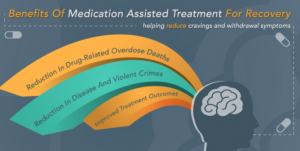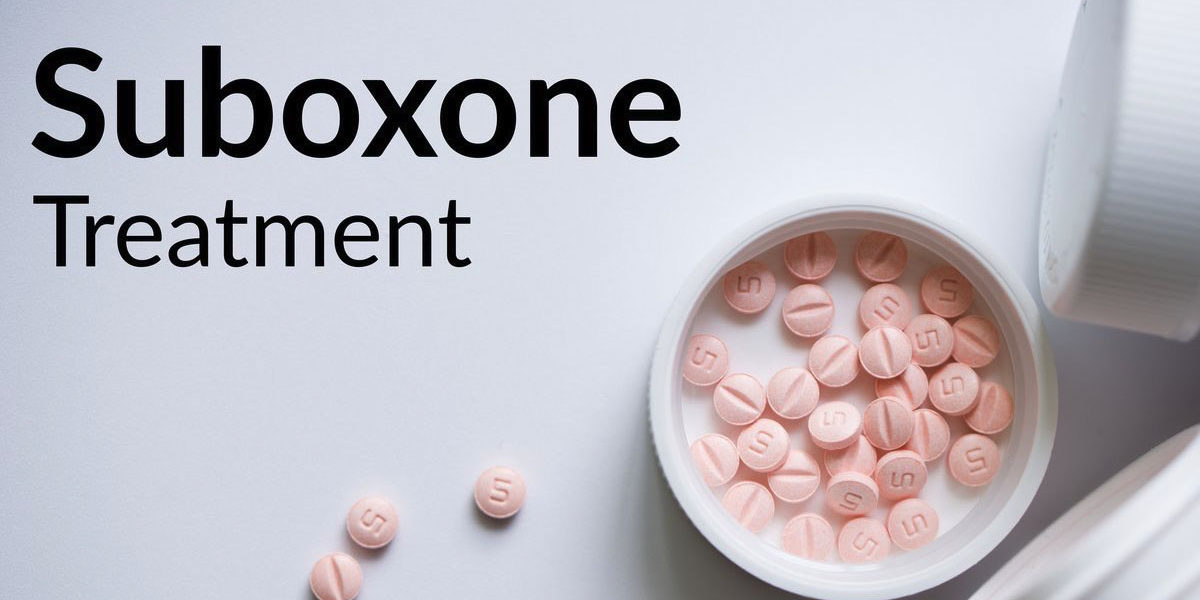Miller (2006) mentions the continuum of commitment strength shown in a person's speech, ranging from "I'll consider it" to "I will" or perhaps "I assure. what is the treatment for drug addiction." Therapists working inspirational factors to consider into a compound usage treatment strategy can listen for the signals about level of dedication and preparedness for modification that are expressed in the customer's natural speech and habits.
Motivational talking to is particularly useful in the context of preparation treatment. Using methods based on these concepts, inspirational interviewing assists establish social conditions within the treatment relationship that communicate the therapist's interest in dealing with the client's viewpoint rather than imposing the therapist's viewpoints, thus promoting trust and hope. Also, this approach triggers the customer to expand and explore his or her own perspective to think about both good and bad points about substance use, in addition to both advantages and disadvantages of change.
Miller (2006) summarizes research study suggesting methods that do and don't work to inspire modification in compound usage. Efforts to inform, face, or penalize clients regularly failed to elicit reductions in compound usage. Findings supported interventions that employ the following parts (recorded in the acronym FRAMES): individualized eedback relative to substance use norms, customer esponsibility for modification, encouraging dvice to decrease or stop drinking or using, a enu of choices for altering habits, mpathic therapy design, and upport for self-efficacy and optimism.
In discussion of their transtheoretical design, Prochaska and Norcross (1994; 2014) explain that many theories of psychotherapy highlight either insight (e.g., analytic and cognitive models) or action (e.g. behavioral treatments) goals. Their transtheoretical model presumes that modification needs both. The merger of models into "cognitive-behavioral" techniques has similar implications.

Activities or techniques to raise awareness consist of consciousness-raising, psychological catharsis, and picking from amongst available choices. Action oriented activities consist of modifying the stimuli that control discovered reactions, and managing the contingencies that arise from behavioral actions. Prochaska and Norcross even more partition each of these categories into activities that take place at the level of subjective experience and those running at the environmental level, once again showing how various theories of psychiatric therapy emphasize various kinds of activities causing chosen objectives.
Applying this design to preparation treatment for compound use conditions, the choice of objectives and corresponding goals, methods, and timeframes rests on decision of what the client requires to assist in motion from a current phase of modification to the next sensible phase. Transitions through the first 3 stages of change (Precontemplation to Reflection to Preparation) are marked by increasing awareness of a problem and by insight into the characteristics that sustain or deal with the issue.

The customer's phase at the time of evaluation is necessary in regards to offering treatment suggestions in a way that the client can accept (Glidden-Tracey, 2005, 2014). When this very first goal is satisfied, of getting the client to consent to attempt treatment, preparing treatment activities that fit the customer's https://freedomnowclinic.blogspot.com/2020/07/psychiatric-assessment-in-boynton-beach.html stage of change (and relatedly provide experiences of success that will motivate further action) gives tools to keep the customer bought the treatment process.
The 9-Minute Rule for How Many People Go To Video Game Addiction Treatment Centers South Korea
The transtheoretical model uses two basic objectives, insight and action, on which therapists and customers frequently negotiate in preparing efforts focused on changing bothersome compound usage (which of the following is not of proven effectiveness in the treatment of narcotic addiction?). The customer in the precontemplation stage is not yet thinking about making a change. Customers who report signs consistent with a medical diagnosis of a compound use disorder however deny that their drinking or substance abuse is a problem are in this stage.
To relocate to the reflection stage, these customers would require to raise their awareness of any unwanted outcomes of their compound usage. Prochaska and Norcross (1994; 2014) advise a couple of kinds of activities at this phase to move the precontemplative customer toward reflection. The very first is consciousness-raising, consisting of both feedback about the person's behaviors and education about more general effects of compound use.
These activities are planned to provide a fuller range of details to clients so they will be in a more educated position to decide whether https://freedomnowclinic.blogspot.com/2020/07/clinical-assessment-in-boynton-beach-fl.html they have an issue and whether they want to change - what is the latest treatment for opioid addiction. They prompt customers to resolve the discrepancy between their own mentioned beliefs that their substance use is not problematic with the beliefs or suspicions of others who got the precontemplators to appear for treatment.
The therapist can discuss to the customer that it makes little sense to choose on actions before they have a clearer, shared understanding of the situation and the problem, if in fact there is one. The goal might be phrased in terms of continuing their shared evaluation of the client's complex scenario, whether that requires even more expedition of the function drugs or alcohol have played in the customer's life, or of the relationship between the customer's compound use and the social, occupational, monetary, or legal issues that pushed the customer to look for treatment.
This stance can be explicitly mentioned to clients who express doubt about the value of more evaluation and therapy. The therapist can even more propose that this extended evaluation will be followed by an evaluation and possible modification of the treatment plan. Both the client and the therapist are likely to find out important new info from making the effort to talk about the client's history in greater detail.
The therapist will extremely probably obtain a clearer photo of the nature of the client's compound usage and its relationship to other issues in the client's life. why isnt addiction treatment funded. As treatment advances, the dyad can consider their joint examinations of the extended assessment outcomes in formulating additional goals and upgrading the treatment plan.
If the therapist communicates that the therapist knows the ideal conclusion and is simply waiting for the client to see it, feedback and education will not overcome the customer's resistance. When the therapist does provide feedback through interpretations or confrontations, precontemplators may hear alternative perspectives with less resistance if the therapist clarifies that this is the therapist's viewpoint, that clients are entitled to their own viewpoints, and that the therapist has an interest in hearing what feedback the client needs to provide.
Not known Factual Statements About Which Medication For Treatment Of Alcohol Addiction Is A Cause Of Liver Disease And Can Be Fatal
According to Prochaska and Norcross (1994; 2014), catharsis of pent-up or denied emotions can likewise assist move customers into consideration. Catharsis alleviates internal pressure and launches energy, formerly used to fend off emotion, now available for other purposes. Often the expression of deep emotion about causes, effects, or associated aspects of substance use can also help raise the customer's consciousness of the unfavorable impact of troublesome behavior on the customer's life.
The customer revealed that at age twelve, he was selected by two older siblings and their pals, and a "joint" was forced into his mouth till he inhaled numerous times. The customer said he had never discussed that event because it occurred, and recalled the fear, anger, and disgust he felt at the time.
By collaboratively preparing therapy so that precontemplators gain increased awareness of the intricacies of their situations and the feelings connected with them, such clients may make transitions into the contemplation phase of modification. how much does addiction treatment cost. When clients concern acknowledge an issue that deserves dealing with further in treatment, the next action is to consider choices about how to attend to the concern.